Dane County judge rules Robert F. Kennedy Jr. will stay on 2024 ballot in Wisconsin
A Dane County judge has ruled that Robert F. Kennedy Jr.'s name will stay on the 2024 presidential ballot in Wisconsin — the candidate sued to get his name off the ballot in swing states after suspending his campaign in August and endorsing former President Donald Trump.
Associated Press
September 16, 2024
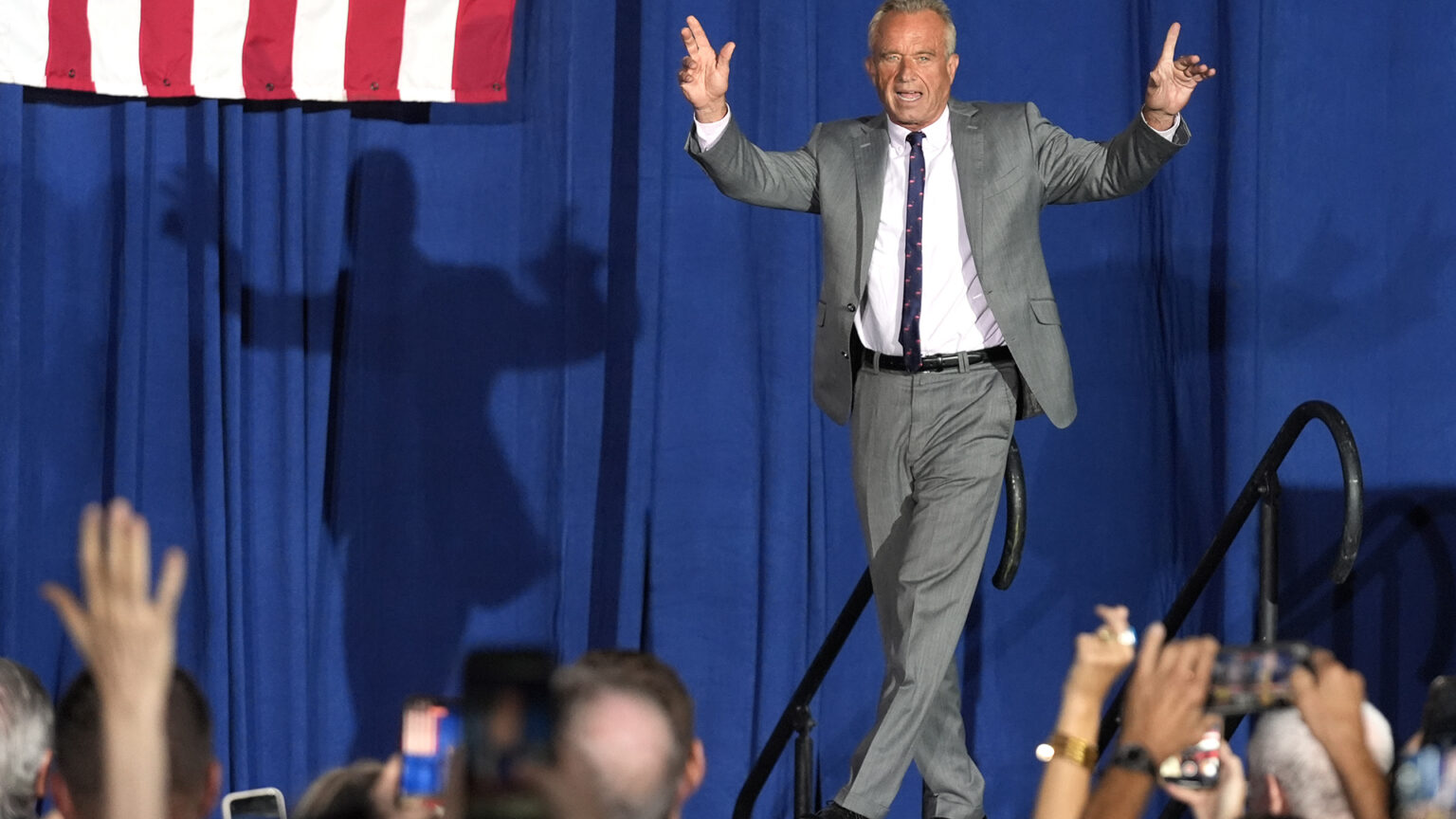
Former Independent candidate for president Robert F. Kennedy, Jr. waves as he arrives on stage prior to speaking at a campaign event for Republican presidential nominee former President Donald Trump, on Sept. 14, 2024, in Glendale, Arizona. Citing state law, a Dane County judge ruled on Sept. 16 that Kennedy Jr.'s name will stay on the presidential ballot in Wisconsin. (Credit: AP Photo / Ross D. Franklin)

MADISON, Wis. (AP) — A judge denied Robert F. Kennedy’s request to erase his name from the presidential ballot in swing state Wisconsin, ruling on Sept. 16 that state law requires candidates to remain on the ballot unless they die.
Dane County Circuit Judge Stephen Ehlke’s decision marks the latest twist in Kennedy’s push to remove himself from ballots in key battleground states where the race between Republican Donald Trump and Democratic nominee Kamala Harris is tight.
Kennedy suspended his campaign in August and endorsed Trump. Kennedy said he would try to get his name removed from ballots in battleground states while telling his supporters that they could continue to back him in the majority of states where they are unlikely to sway the outcome.
Kennedy won a court order in North Carolina earlier in September to remove his name from ballots there. Michigan’s Supreme Court ruled Sept. 10 that he’ll remain on that state’s ballot, however.
Kennedy filed a lawsuit in Wisconsin on Sept. 3 seeking a court order removing him from the ballot. He argued that third-party candidates are discriminated against because state law treats Republicans and Democrats running for president differently.
He pointed out that Republicans and Democrats have until 5 p.m. on the first Tuesday in September before an election to certify their presidential nominee but independent candidates like himself can only withdraw before the Aug. 6 deadline for submitting nomination papers.
Ehlke denied Kennedy’s request in no uncertain terms. He ruled that Wisconsin statutes clearly state that once candidates file valid nomination papers they will remain on the ballot unless they die.
“The statute is plain on its face,” the judge said.
Ehlke went on to note that many county clerks have already sent out ballots for printing ahead of the Sept. 18 deadline with Kennedy’s name on them.
Kennedy’s attorneys had suggested the clerks cover his name with stickers, the standard practice when a candidate dies. The judge rejected that idea, calling it a logistical nightmare and questioning whether the stickers would gum up tabulating machines. He also noted there could be opportunities for litigation if clerks failed to cover his name on any number of ballots.
“Mr. Kennedy has no one to blame but himself if he didn’t want to be on the ballot,” Ehlke said.
Kennedy’s attorneys took the unusual step of asking a state appellate court to take the case days before Ehlke ruled in hopes of expediting an appellate ruling. The 2nd District Court of Appeals has been waiting for Ehlke’s ruling before deciding whether to take the case. Online court records didn’t indicate any immediate action from the appellate court after the ruling.
The presence of independent and third-party candidates on the ballot could be a key factor in Wisconsin, where four of the past six presidential elections have been decided by between 5,700 votes and about 23,000 votes.
In 2016, Green Party nominee Jill Stein got just over 31,000 votes in Wisconsin — more than Trump’s winning margin of just under 23,000 votes. Some Democrats have blamed her for helping Trump win the state and the presidency that year.
Associated Press writer Scott Bauer in Madison contributed to this report.
 Passport
Passport




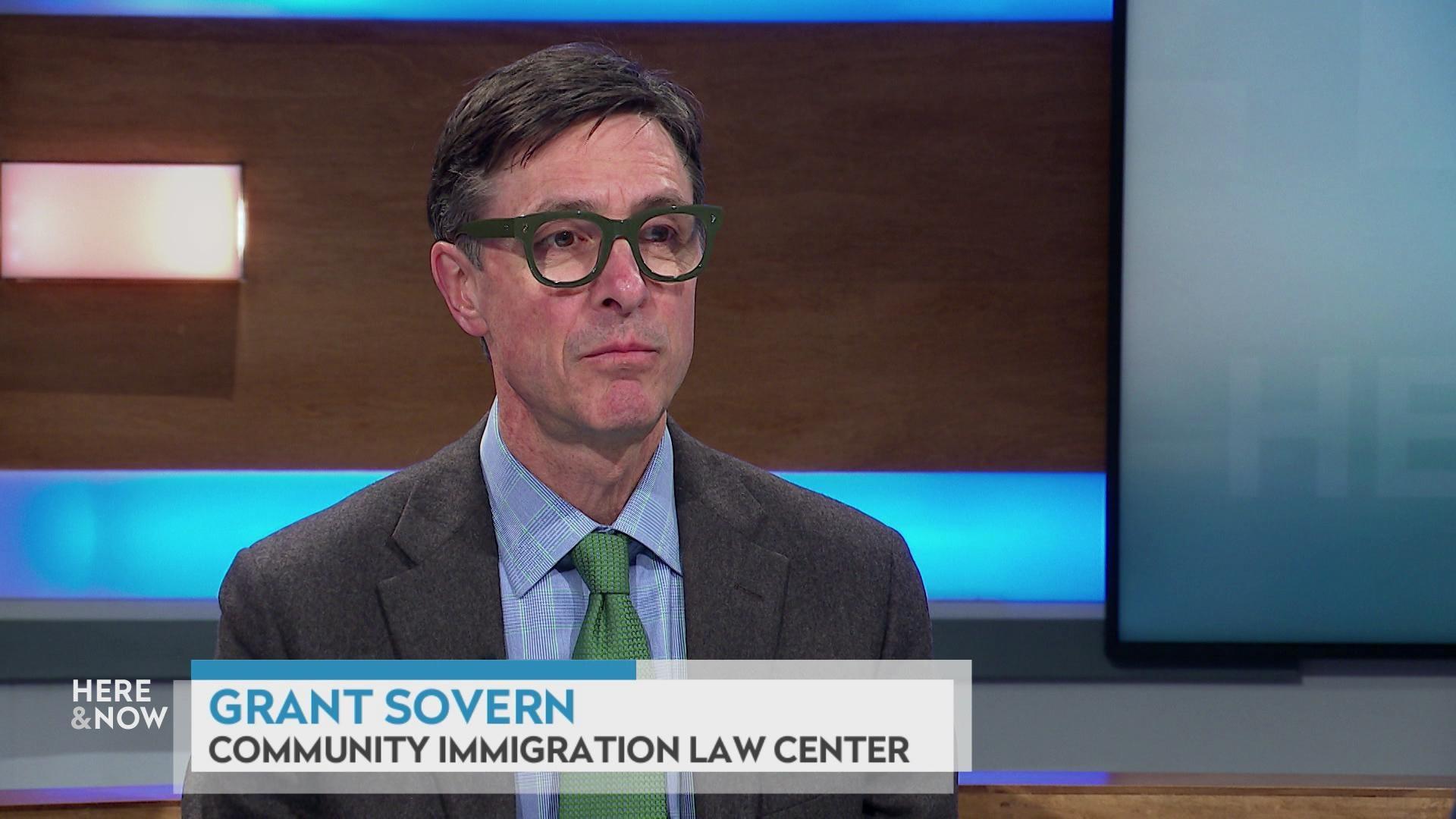
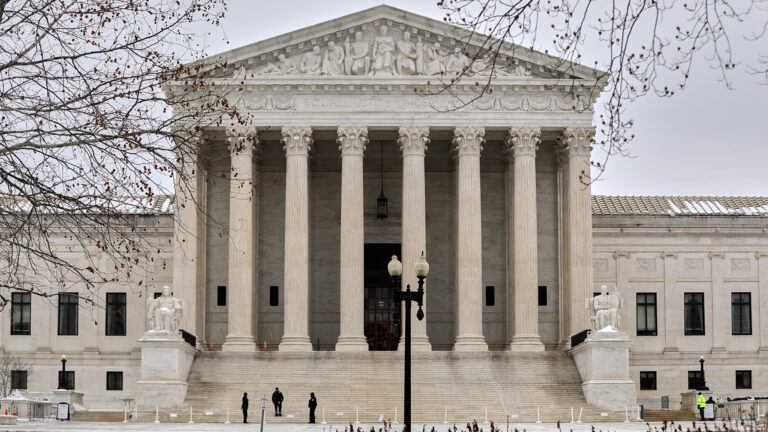
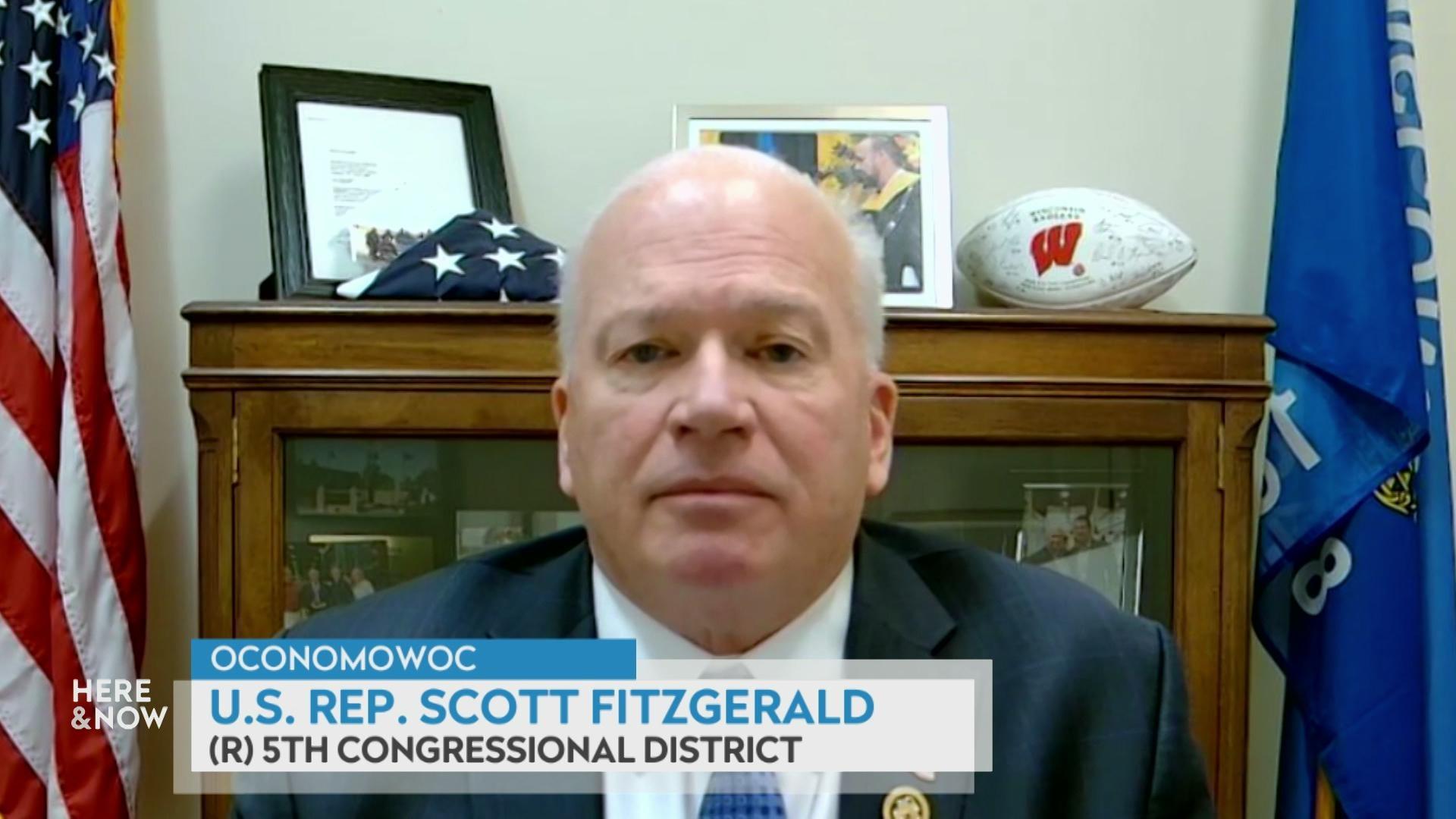
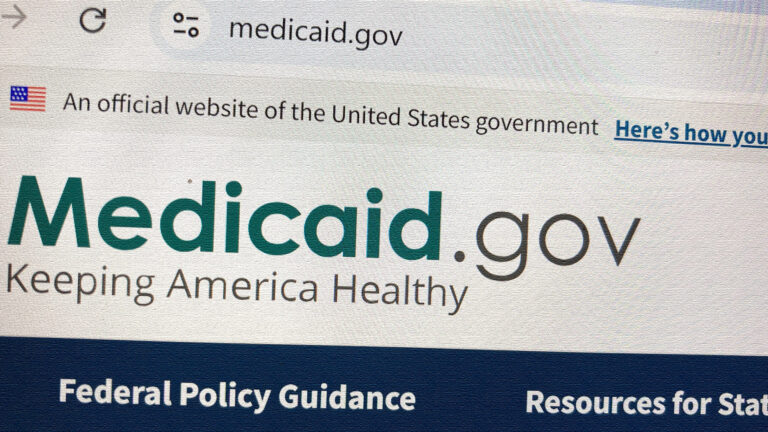
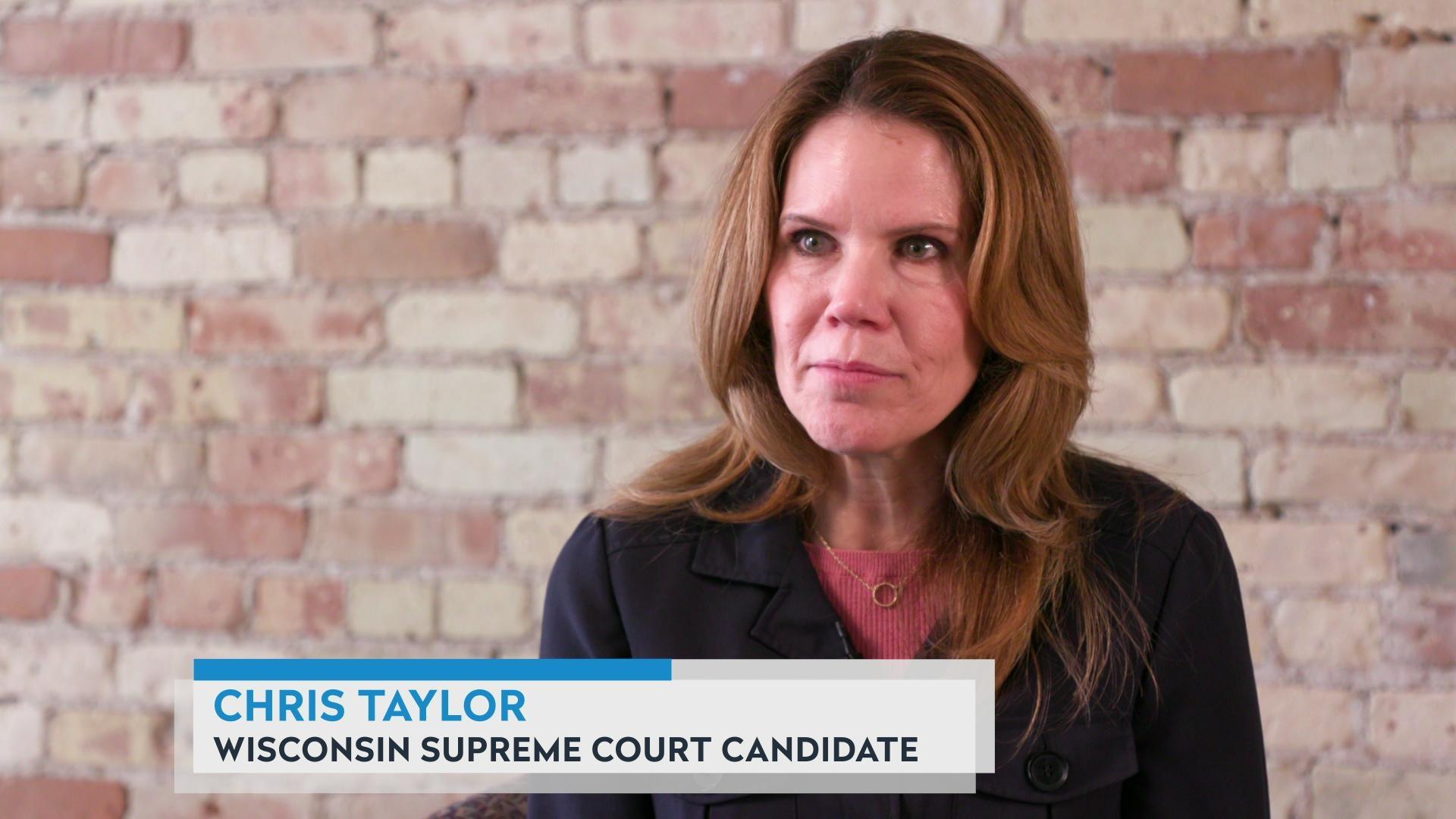


Follow Us